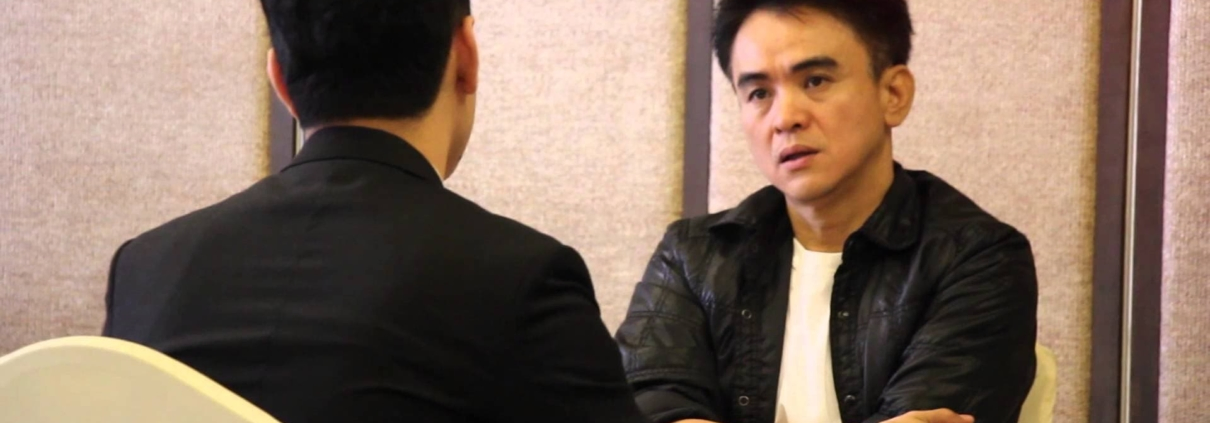What Job Opportunities Can I Pursue After Finishing My Islamic Studies?
Hanafi Fiqh
Answered by Shaykh Umer Mian
Question: I am a recent graduate of a traditional Darul-Uloom in the UK and I find myself unsure of what career path to pursue. Salaries offered in mosques are low in relation to the current cost of living in the UK. Essentially, I would like a job whereby I can help people and benefit them with what I’ve studied. What do you recommend?
Answer: In the Name of Allah Most Gracious, Most Merciful,
It seems that you are already aware of the opportunities to be the imam of a masjid or teacher in an Islamic school or madrasah. These are perhaps the most common careers pursued by graduates from Islamic seminaries such as the Darul Ulums. If you don’t find yourself inclined towards such opportunities or don’t feel they would be practical for you, then you may want to consider the following possibilities:
1) Chaplain. I cannot speak for the U.K., but in the U.S. and Canada, Muslim chaplaincy has really taken off in the past decade or so. Large institutions such as universities, hospitals, etc. are hiring Muslim chaplains to act as advisors, teachers, mentors, and administrators of Muslim activities. Your studies at the Darul Ulum could provide a strong foundation to fulfil these roles. However, you’d probably need to complete a chaplaincy course in order to be best prepared for the job. This career provides a great opportunity for da’wah and serving the Muslim community.
2) Arabic language instructor. Your studies at the Darul Ulum probably included significant exposure to the sciences of the Arabic language. Universities and other institutions in the Western world are in need of Arabic language instructors. Teaching in such places can provide great opportunity for da’wah. Many of one’s students would likely be Muslim, and there’s nothing better than connecting Muslims with the language of the Qur’an and Sunnah.
3) Graduate student/Researcher. Some students of sacred knowledge choose to pursue graduate studies in Western universities. The curriculum of a Darul Ulum has overlap with numerous academic fields, such as Near Eastern Studies, Religion, Law, History, etc. Obtaining a Ph. D. in one of these fields opens doors to the roles of academic researcher, professor, author, etc. Prior to pursuing this path, one should consult with trustworthy, knowledgeable Islamic scholars, in order to avoid the many pitfalls and challenges present in academia.
The above are some ideas of paths you could take to work your Darul Ulum education into a sustainable career. Of course, there are many other opportunities that are not directly related to the religious education you received at Darul Ulum. Some people choose to go back to school to study a profession such as medicine (doctor or nurse), information technology (programmer, systems administrator, help desk technician, etc.), business (small business owner, real estate agent, etc.), and so on.
With the financial independence offered by one of these careers, a person could be free to teach and serve the Muslim community on their own terms. Ultimately, choosing a career will depend on a number of personal factors such as education, experience, talents, natural inclinations, job market, family situation, etc. One should be sure to consult with trusted elders and Islamic scholars, and also pray istikhara.
The Messenger of Allah (may Allah’s peace and blessings be upon him) said: “No one ever ate any food better than that which his own hands had earned, and the Prophet of Allah Dawud (upon him be peace) used to eat from what his own hands earned” (Bukhari).
Wassalam,
[Shaykh] Umer Mian
